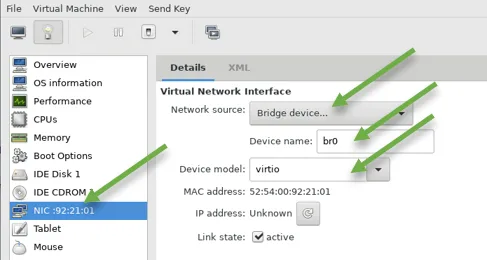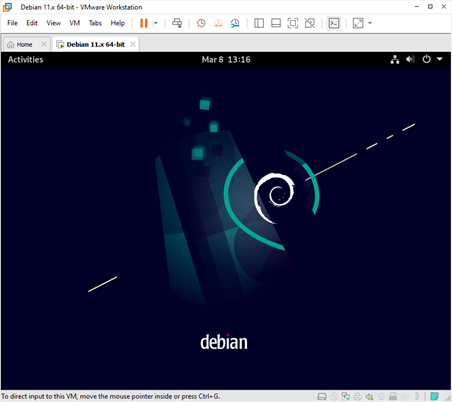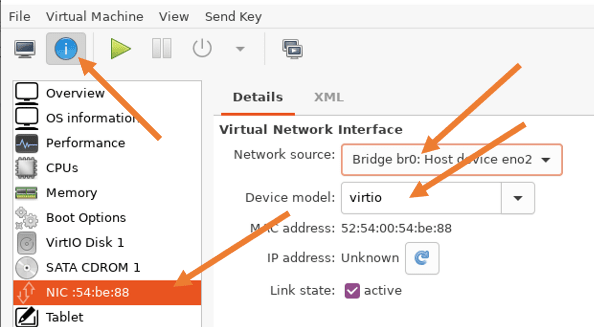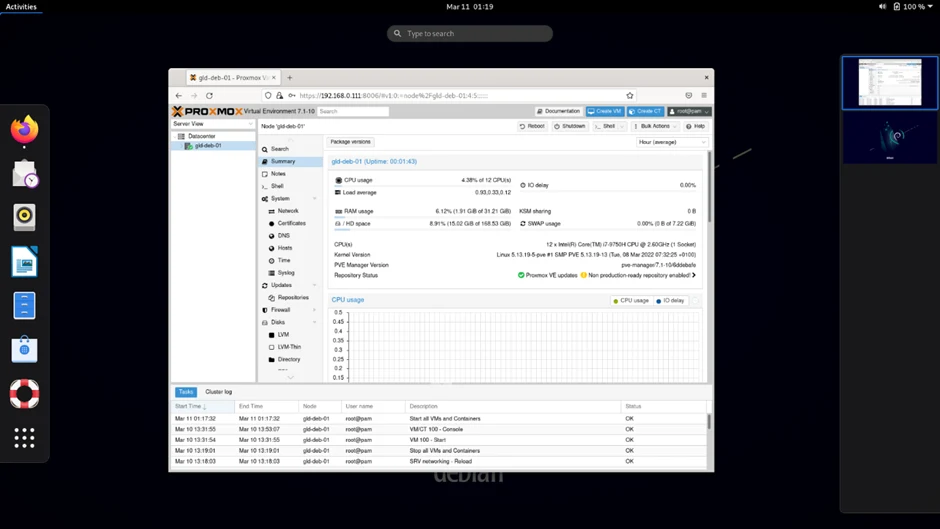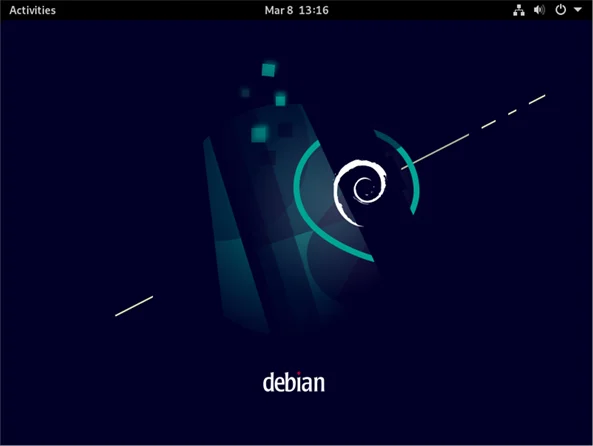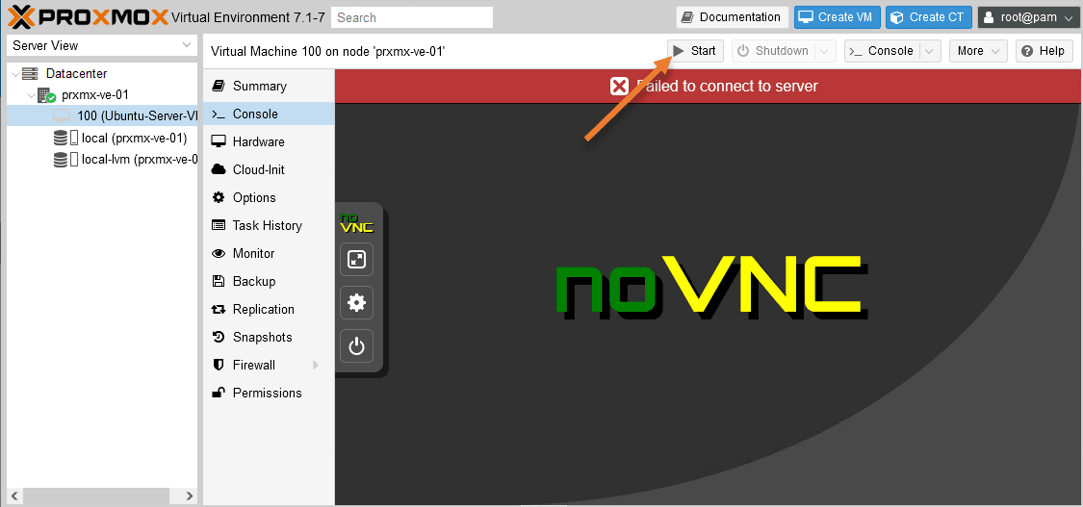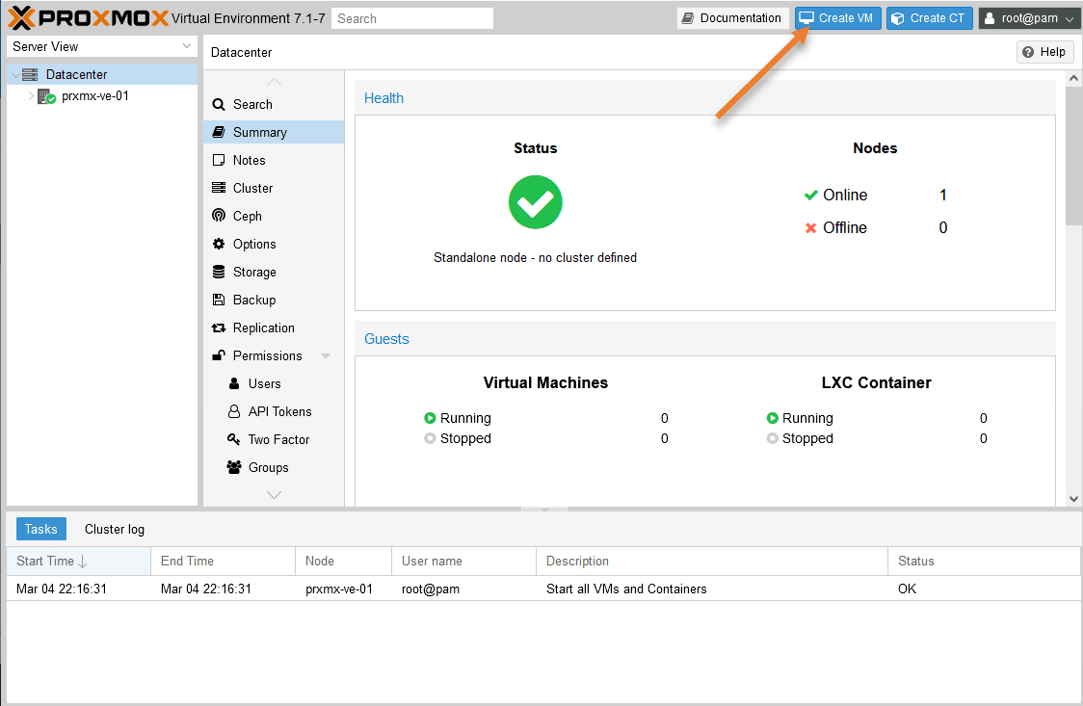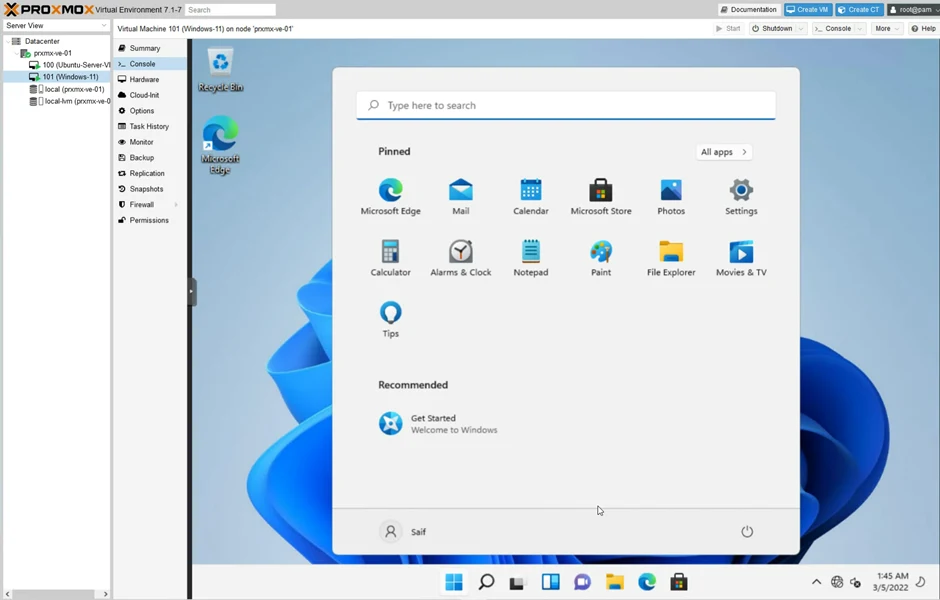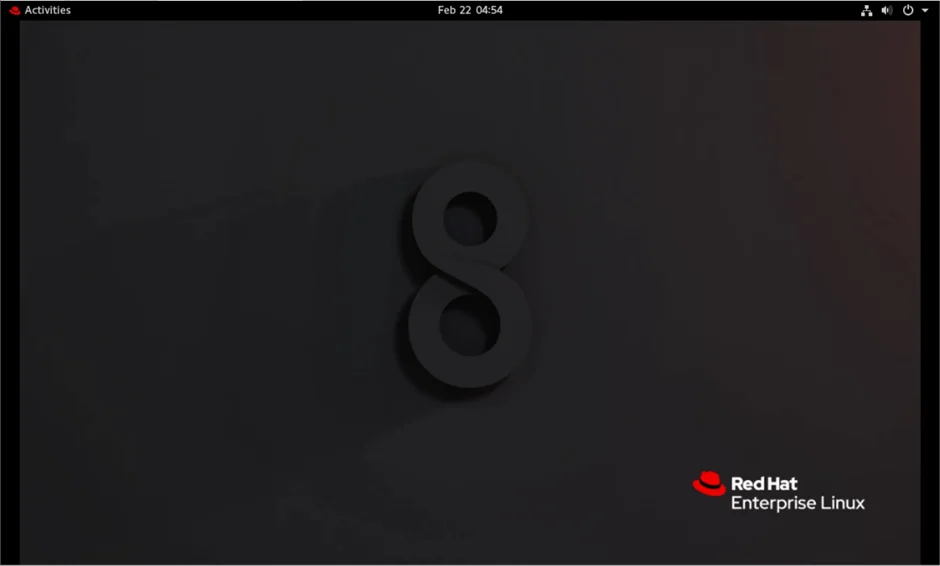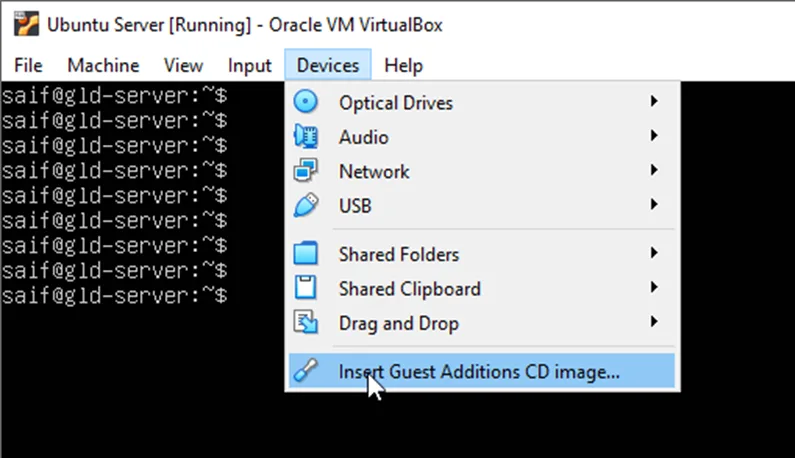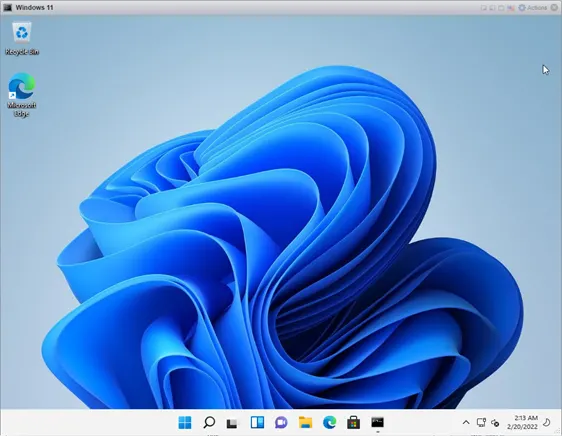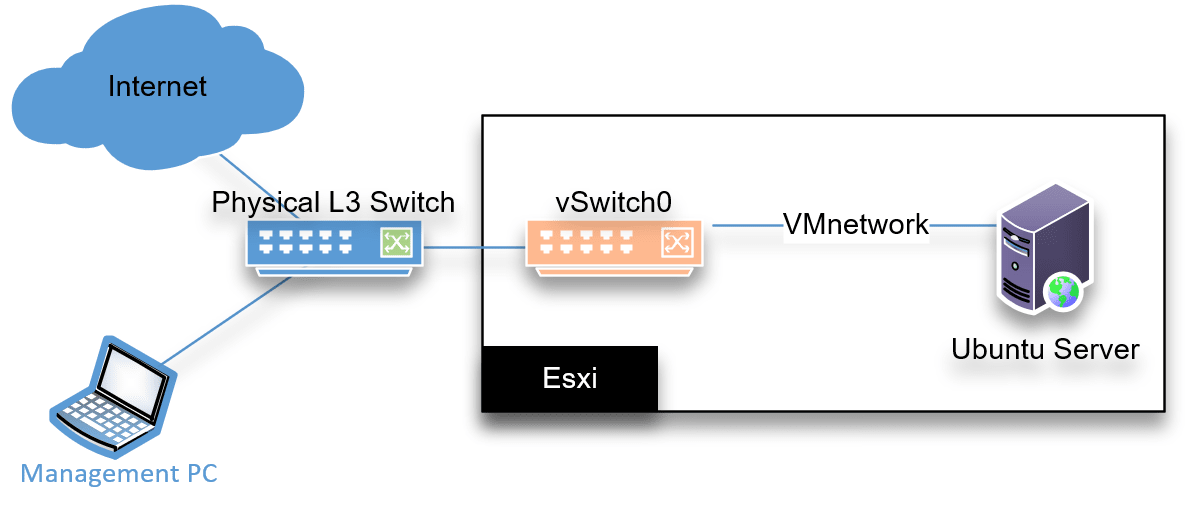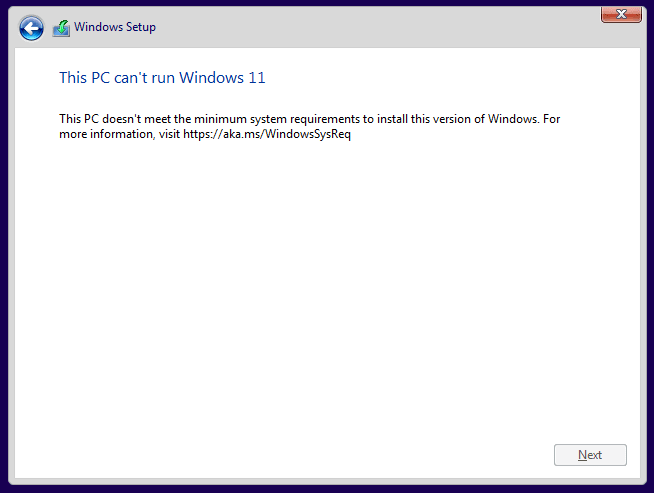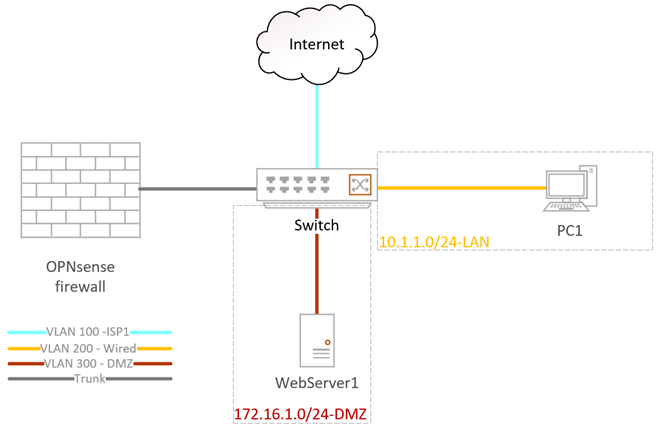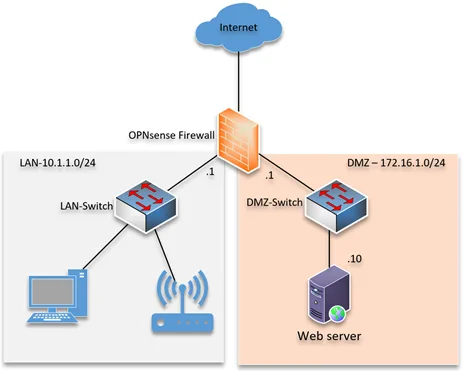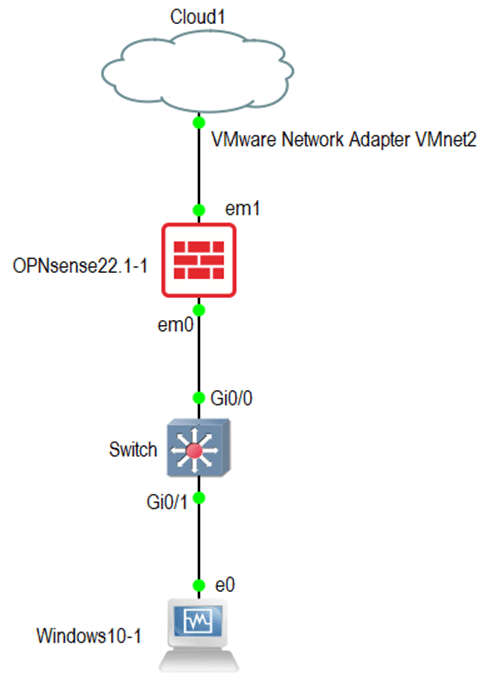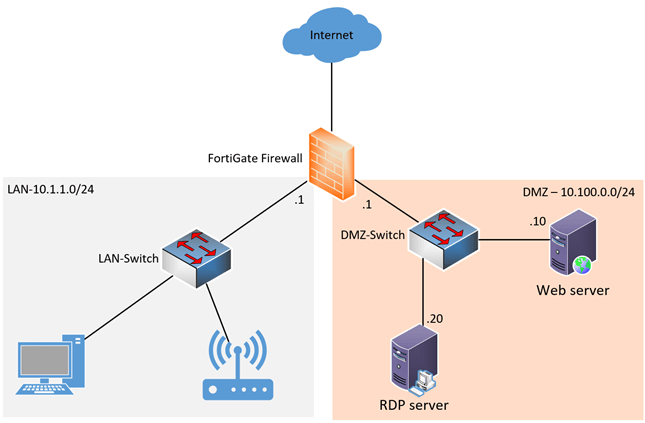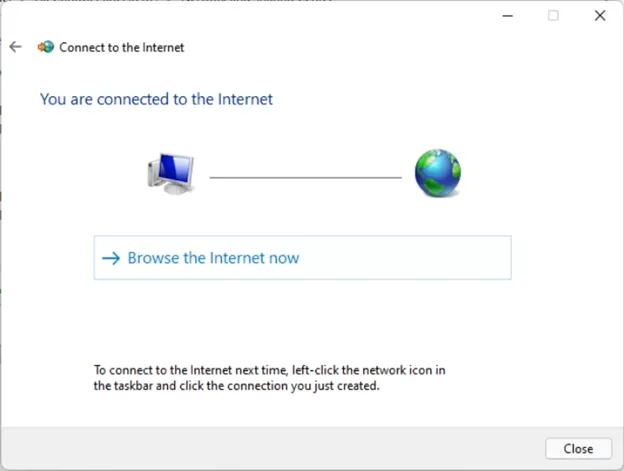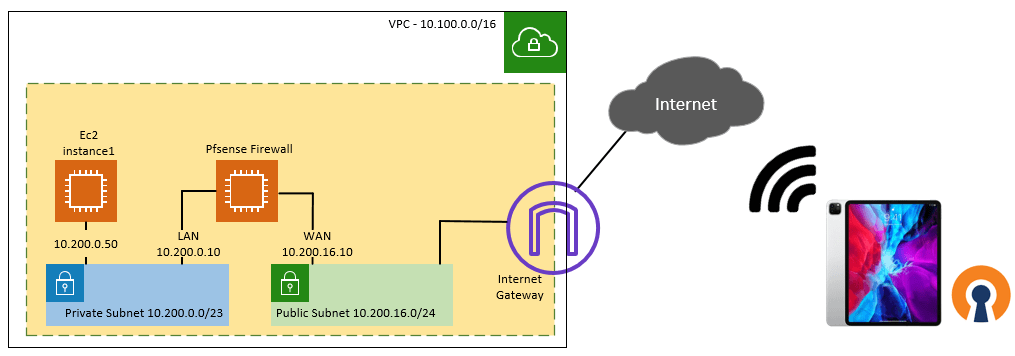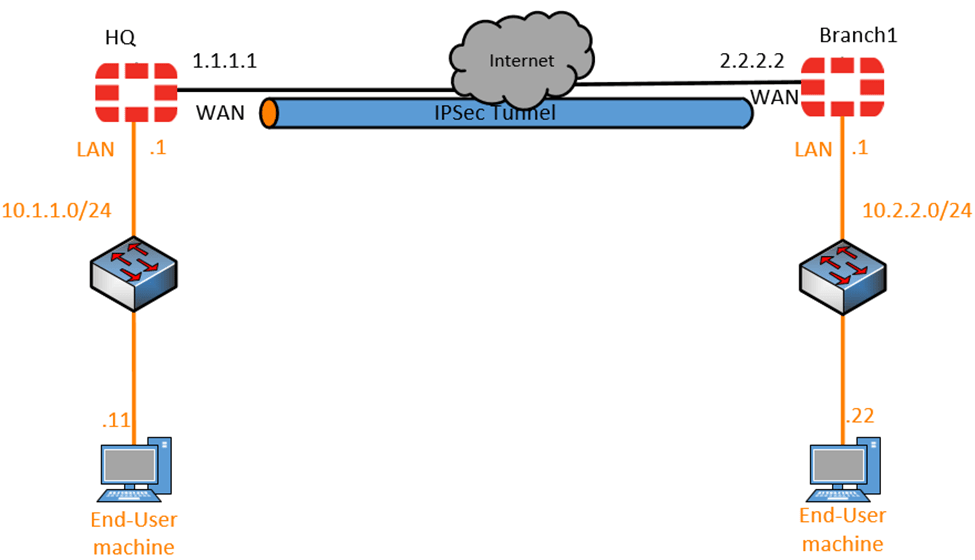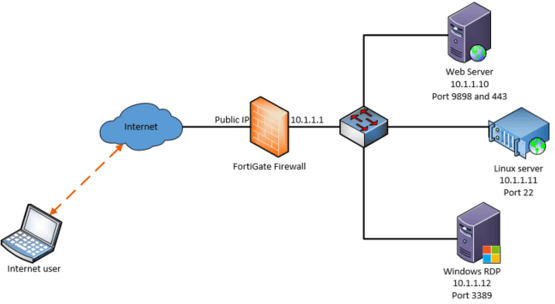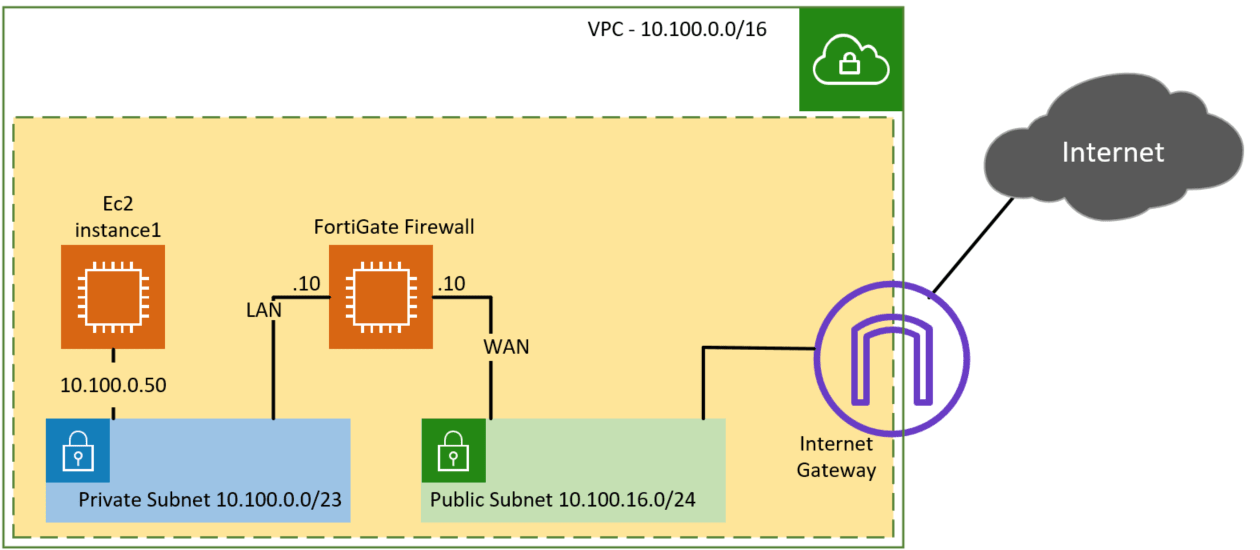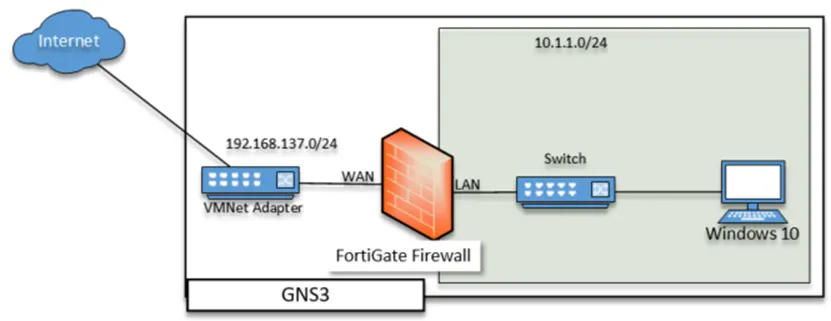In Centos or Redhat hat Linux, when you want to configure a virtual machine, we use the native hypervisor called KVM. And there are multiple ways you could let the virtual machine talk to the network. Sometimes, you would want the virtual machine to talk to just the internet; in that case, you could use …
Debian is one of the stable Linux distributions out there. Unlike other distros, you won’t be getting frequent upgrades on the Debian operating system. However, when it does, it will be a very stable one. Virtualizing an operating system is better than installing them on a physical machine when you want to test any operating …
When you deploy a virtual machine in KVM, you connect the virtual machine to the default virtual network, acting as a NAT interface. As a result, your VM will be able to go out to the internet and get the updates, also the host machine can talk to the VM and vice versa. Later, when …
Proxmox is one of the open-source, free virtualization software available for anyone to use. Sometimes you might wonder how you can dual boot windows machines with Proxmox?. Maybe you already have a pretty decent laptop or PC running with windows 11/10. For daily tasks, you would want to use windows 11, and for running multiple …
The other day, I was planning to install the Proxmox server on my laptop, and the problem with the Proxmox is that you cannot install Proxmox alongside windows 11. When you try to dual boot, the Proxmox ends up taking all the hard disk space deleting the windows files, and you end up with the …
Proxmox is one of the popular open-source hypervisors out there. It is entirely free for anyone to use, including their home lab and enterprise setup. If you are planning to install Proxmox on an enterprise network, you must get the support that will add some cost, and there are different options available for you to …
I run multiple VMs in my home lab, mainly I use KVM to run the virtual machine, and now I moved to Proxmox VE, which is again based on Linux KVM. But more polished software similar to the commercial VMware ESXi. These days, most servers don’t require a physical CD Drive, even a USB thumb …
Our last blog post covered the installation of windows 11 on the KVM hypervisor, and it works well. In this blog, we will look at the installation of windows11 on the Proxmox server. The Proxmox server is based on KVM itself. If you want to learn how to install Proxmox on a server or on …
When you come from a production network, you might think, what if you had a firewall, virtualization platform available in production network gear is available for free? Wouldn’t that be great? That way, you can build your home lab with those gears, right.? That’s when opensource comes to our help. For a free Opensource firewall, …
The pfSense is one of my favorite firewalls, I use it at home and in some of my POC labs, and it works great in pretty much all the environments. Some companies use Pfsense firewall as their edge firewall, which proves that it is an excellent product. I have covered plenty of blogs related to …
Installation of Redhat in a lab environment is the best option to learn about the RedHat operating systems. These days you don’t require a server to install Redhat operating system. You can use your laptop or PC and install any hypervisor in it and install the OS. As long as the hypervisor is installed that …
We have covered the installation of Ubuntu Linux on the Vmware workstation in the past. Both the Desktop and the server version of it. This blog will look at how you can install Redhat enterprise Linux on a VMware workstation. Read also,How to install Ubuntu 20.04 server on VMware workstation?10 Easy Steps to install Ubuntu …
The VirtualBox guest additions are like a driver installed on a PC. It improves the virtual machine’s performance and allows easy usability of the virtual machine. In the last couple of blogs, we have taken a look at how you can install ubuntu desktop and Server on VirtualBox. In this blog, we will look at …
Unlike Windows 10, in Windows 11, Microsoft increased the security on the operating system by adding TPM and Secure boot as the mandatory requirement to install the operating system. The problem is that most of the servers out there don’t support TPM out of the box, and you need to buy separate hardware and install …
Ubuntu server is the common Linux operating system found in most server infrastructures. Maybe you want to run a web server in your environment and allow access to end-users. You could also use it as an FTP server, mail server, and so on. When I started with KVM, I initially installed the Ubuntu server on …
We have covered PfSense installation in different hypervisors in the past. When someone tells you about virtualizing PfSense in a bigger network, the first thing that comes to your mind is the VMware ESXi, which is the type1 of hypervisor built only for running Virtual machines. In this blog, we will look at how you …
When Windows 10 came out, the minimum requirement to install the OS was basically the Memory, CPU, storage, etc. However, that was not the case when Windows 11 launched. You need to meet the minimum hardware requirement, and TPM and secure-boot must be supported too on the machine to install the operating system. Can Windows …
PPPOE is a common standard that many ISP’s use for providing internet connectivity. It is very popular for consumer networks but not for enterprise networks. However, you will still see some Internet service providers use PPPOE for enterprise networks. It is common because it provides automatic IP assignments, authentication, and bandwidth allocation; moreover, it provides …
OPNsense is an open-source firewall that you can use in any network out there. If you want to set up OPNsense in your enterprise network, you have a specific commercial gear to choose from, or you want to turn any old PC into a firewall, you could do that as well. Unlike pfsense, you can …
We have covered multiple blogs related to the OPNsense firewall in the past. In most of the setup, we used to have an OPNsense firewall connected to the internet, and LAN users could go out to the internet using the firewall. Sometimes you would want to configure internet-facing servers on your network. Maybe you want …
OPNsense is one of the popular open-source firewalls out there. If you want to use them in a small office or at home, it will be the best choice for your network edge, instead of a regular inexpensive wifi router. This firewall is similar to the pfsense but not so popular as the pfsense. Still, …
Many of the FortiGate appliances come with enough ports for you to configure the network. There are times you might be running out of ports and want to configure another network on the FortiGate firewall, so how do you deal with that type of situation? We can configure VLAN on the FortiGate firewall to configure …
We have covered many blogs related to fortigate firewalls in our previous articles. However, it was just the LAN interface connected to the internet in most configurations. But what if you want to add an internet-facing server to your network? In some scenarios, you would want to add servers to the network and allow access …
PPPOE protocol is a common way to connect to the Internet for most consumer networks. It provides more flexibility to the ISP, and it can easily manage your connection by using authentication, subscription, bandwidth usage, etc. Usually, you will have an ISP cable connected to a modem; it could be fiber or DSL, which gets …
In my previous blog post, we installed the PFsense firewall on the AWS cloud. When you have Psense firewall installed on the AWS side, you might want to connect to it over VPN as an admin and allow VPN access to your end-users if they are required to get into some AWS resources through pfsense. …
In my previous blog, we have covered plenty of articles related to the pfsense firewall, which is a great firewall if you want to use it for your home purpose. However, suppose you’re going to use it for commercial use. In that case, you cannot use custom hardware with pfsense in it. As per the …
In the last blog post, we have looked at how you can configure Fortigate port forwarding for HTTPS, SSH, and RDP traffic. But that’s not the secure way to access the resources in the corporate network. If you want to have highly secure connectivity between two sides over the Internet, you either need to use …
Port forwarding is a popular feature many networks use to allow access to your servers inside your network over the public internet. It is used primarily for the webservers, where you want to expose ports 80 and 443 to the public. However, it is used by many other applications as well. In this blog, we …
The FortiGate Firewall is one of the popular next-generation firewalls used by many worldwide on-premise and cloud data centers. With the FortiGate Firewall, you can not only secure your branch or cloud network, but you can also connect your branches using site-to-site VPN and SSL VPN. In this blog, we are trying to see how …
In our last blog post, we covered how you can install a FortiGate firewall in GNS3, and in this blog, we are going to continue from where we left off to build a lab with the FortiGate firewall. Below is the topology that we are going to build. The FortiGate firewall WAN interface is connected …
